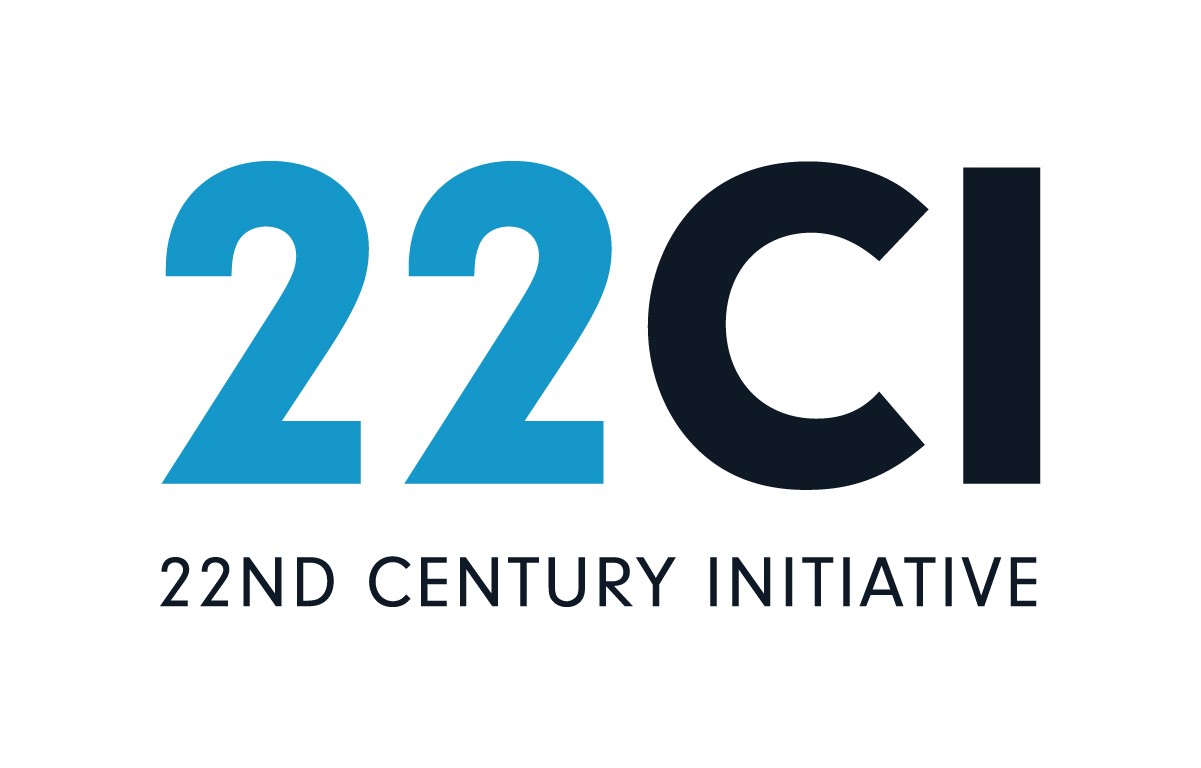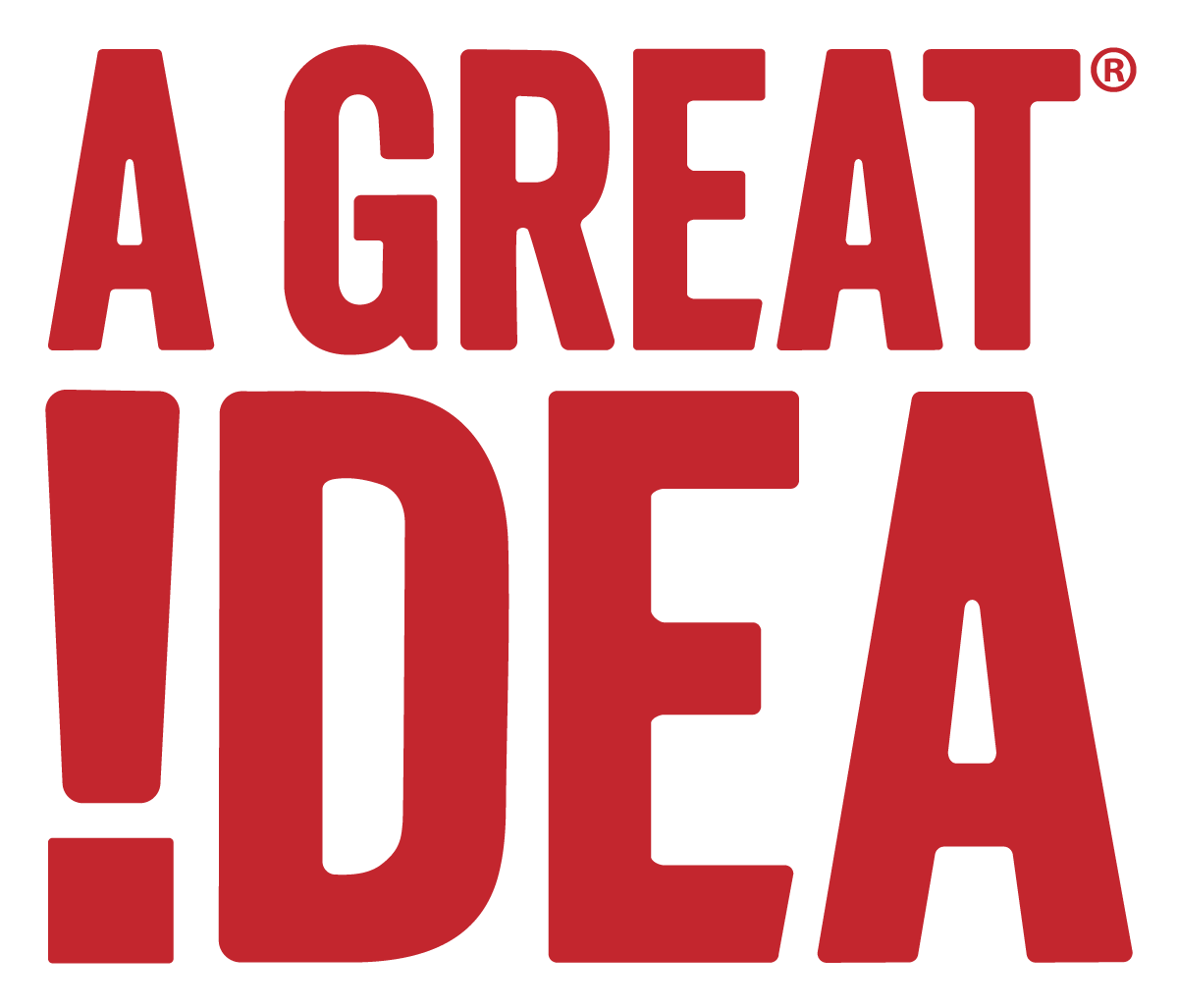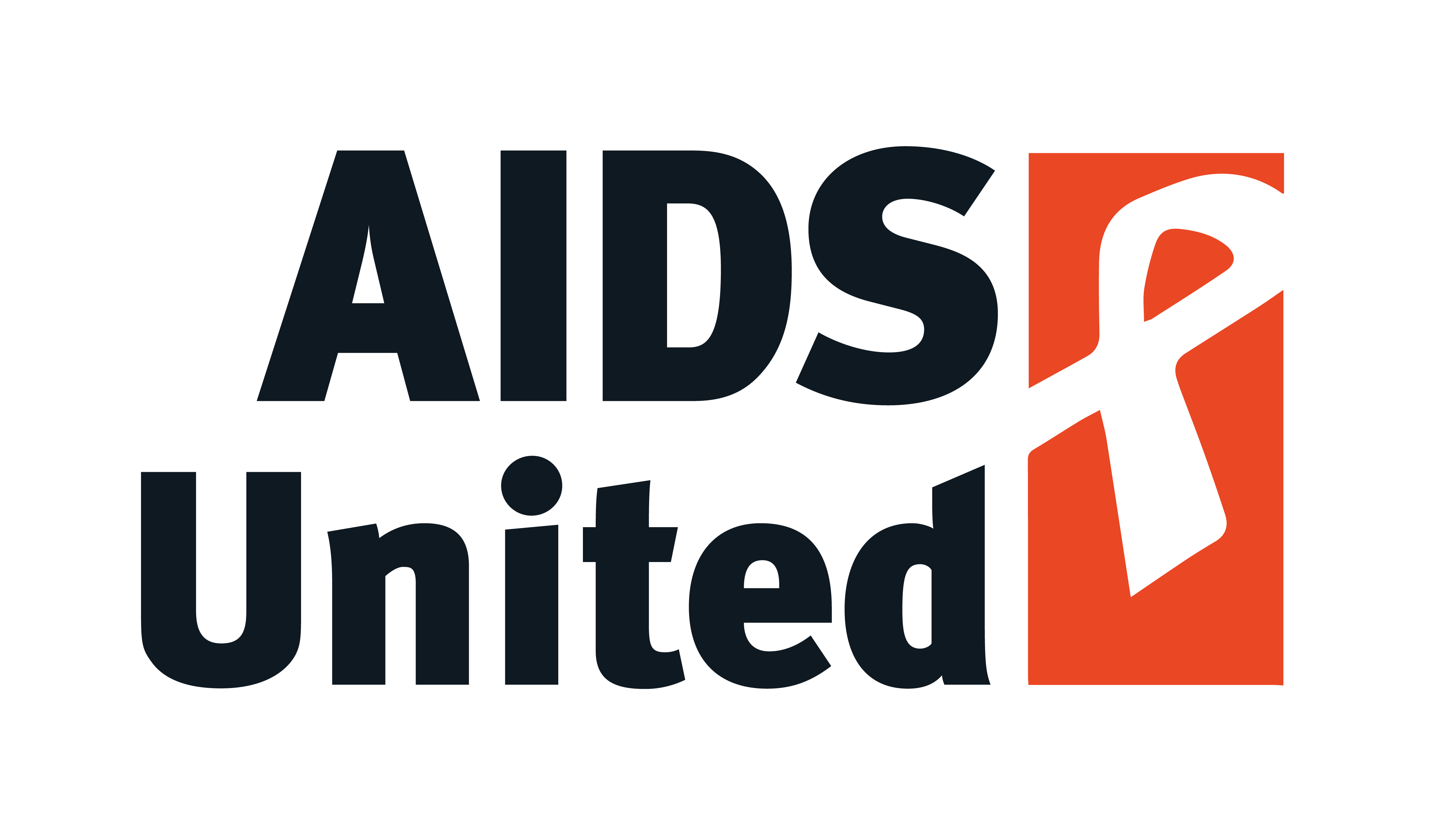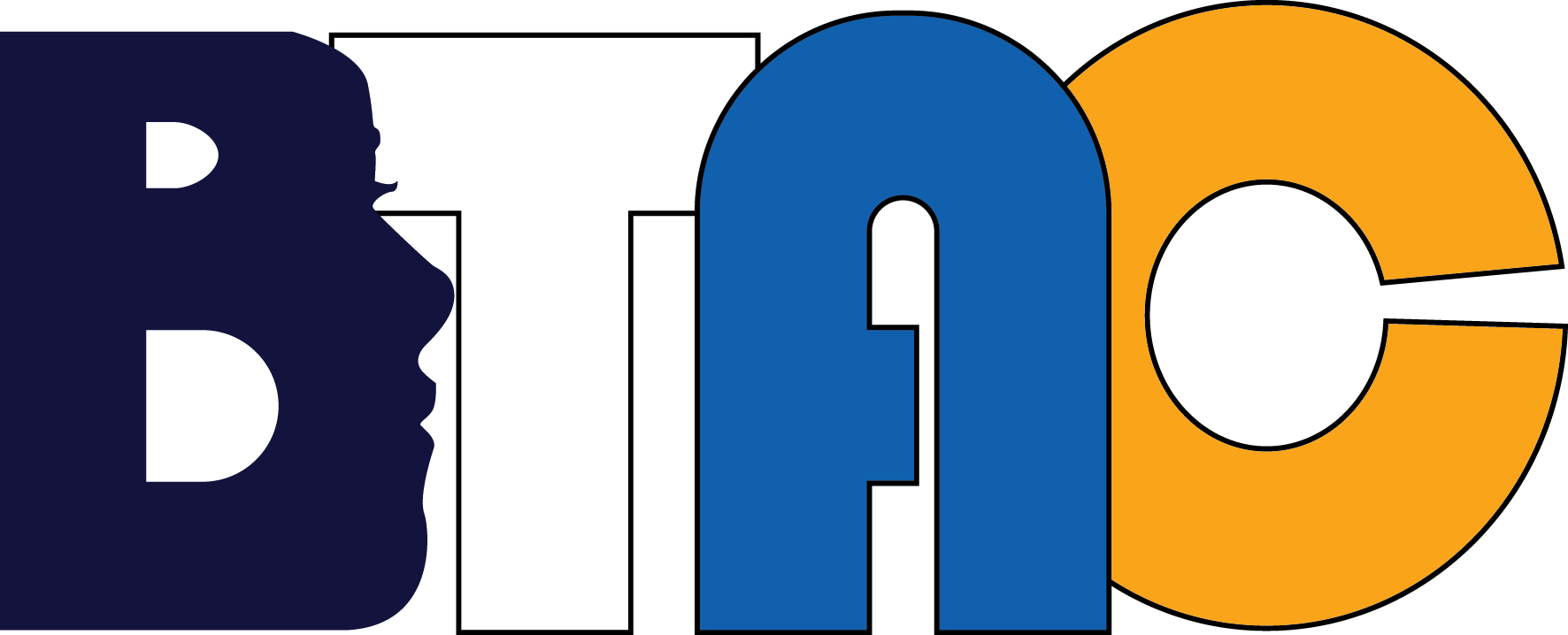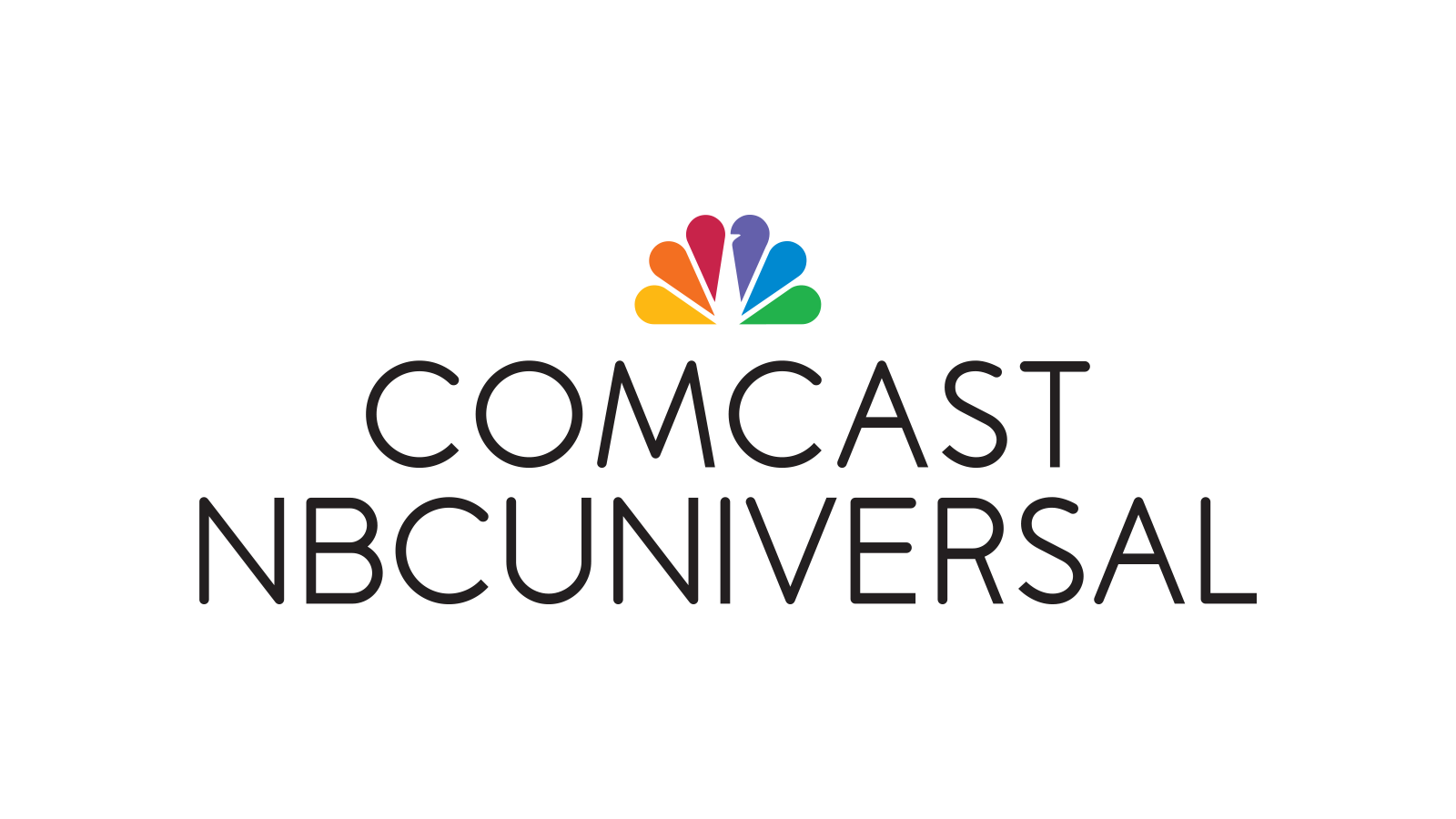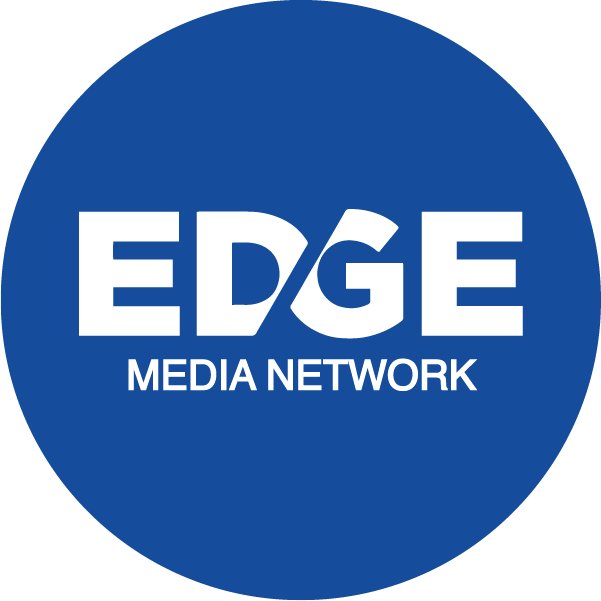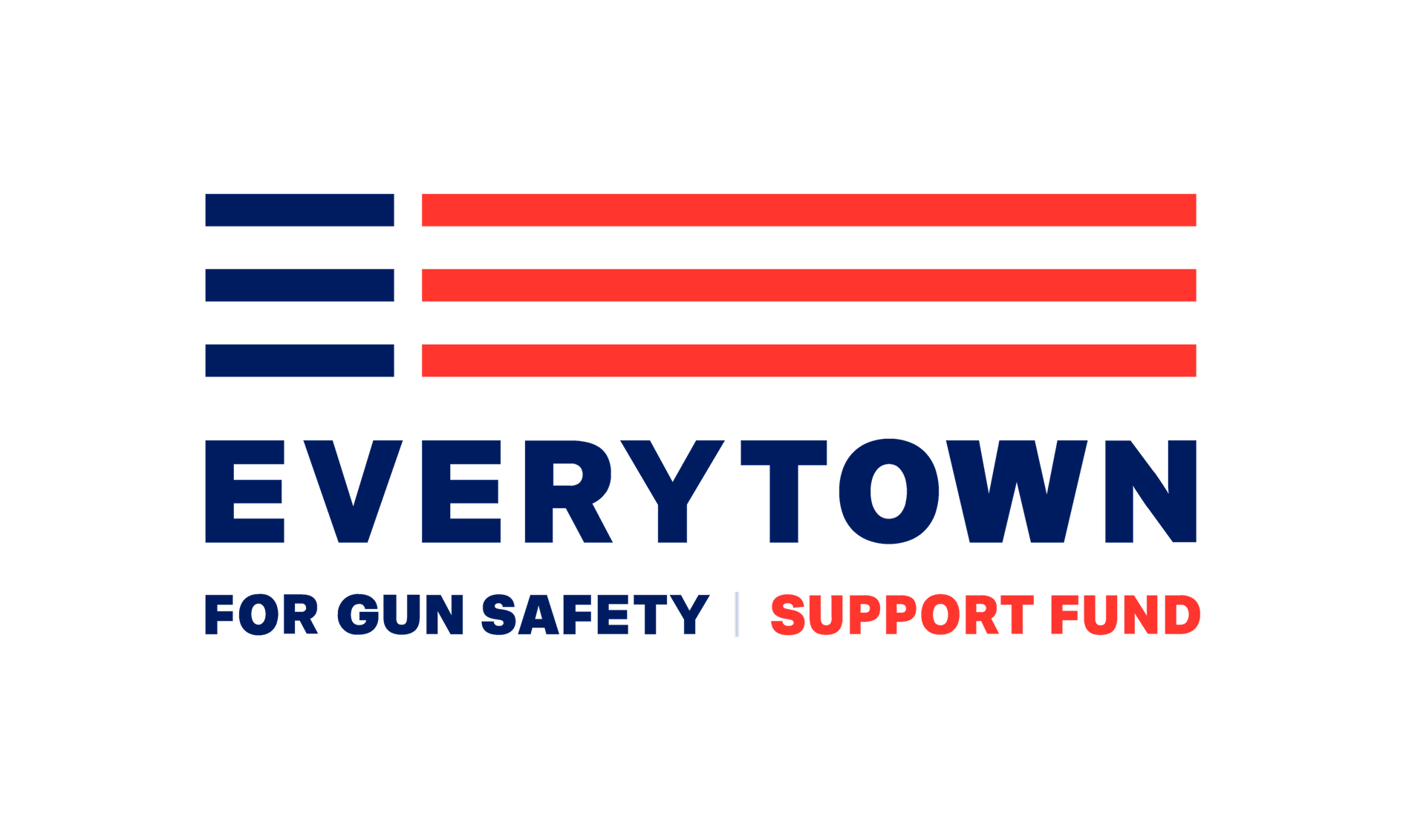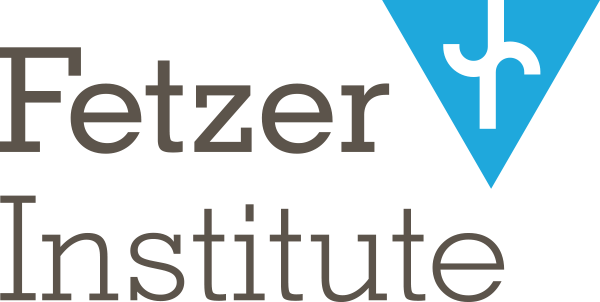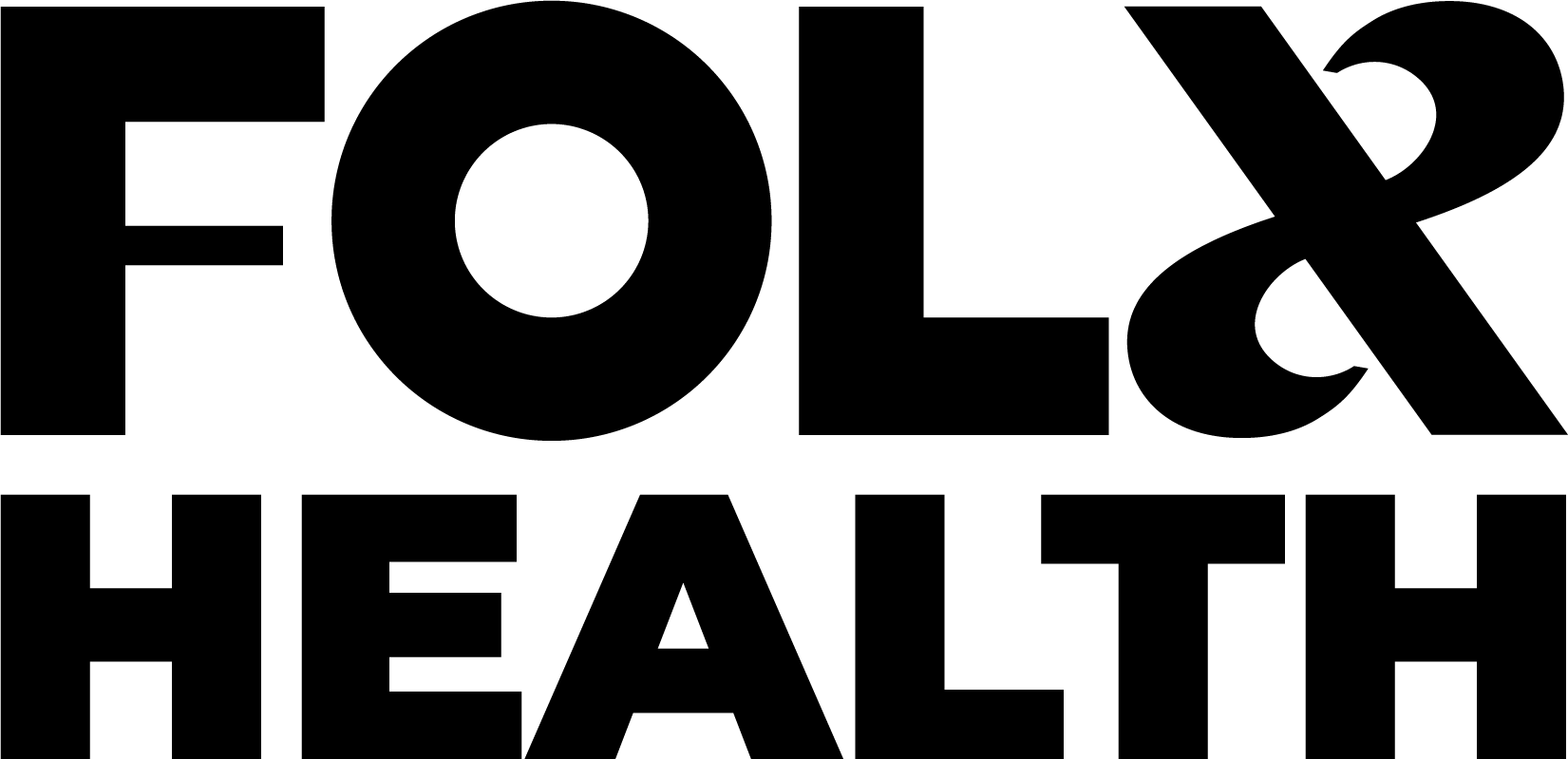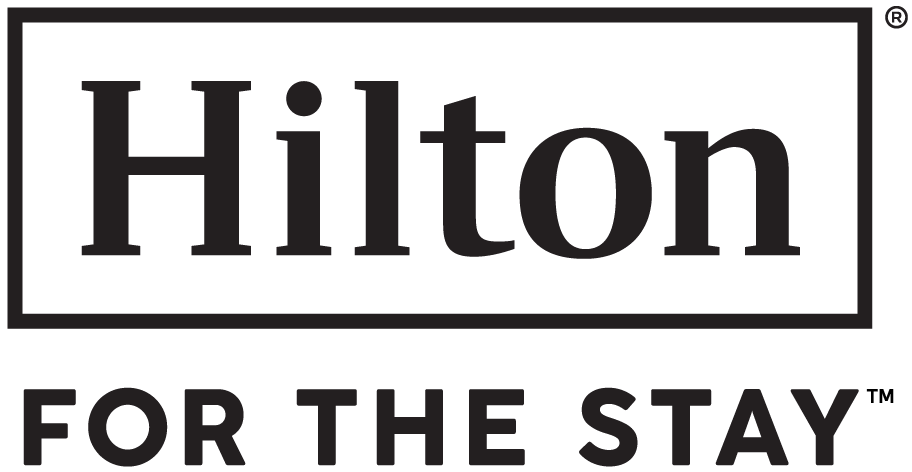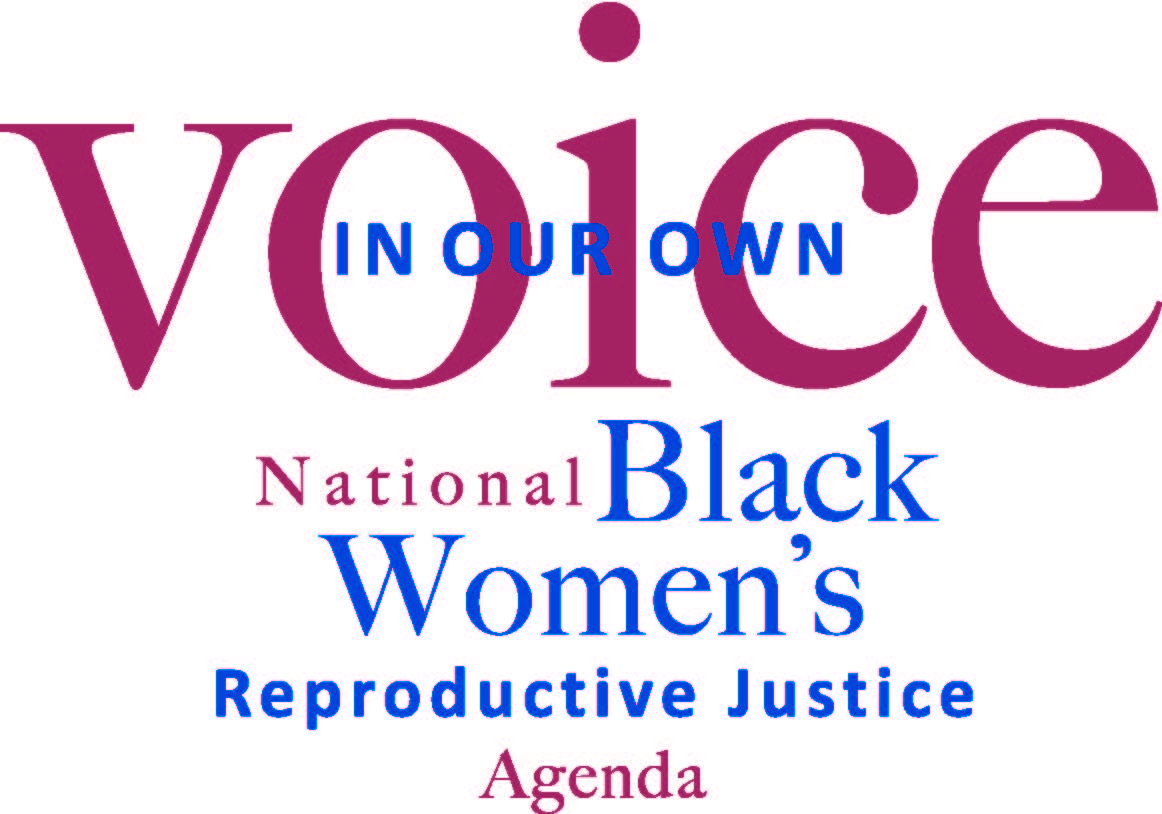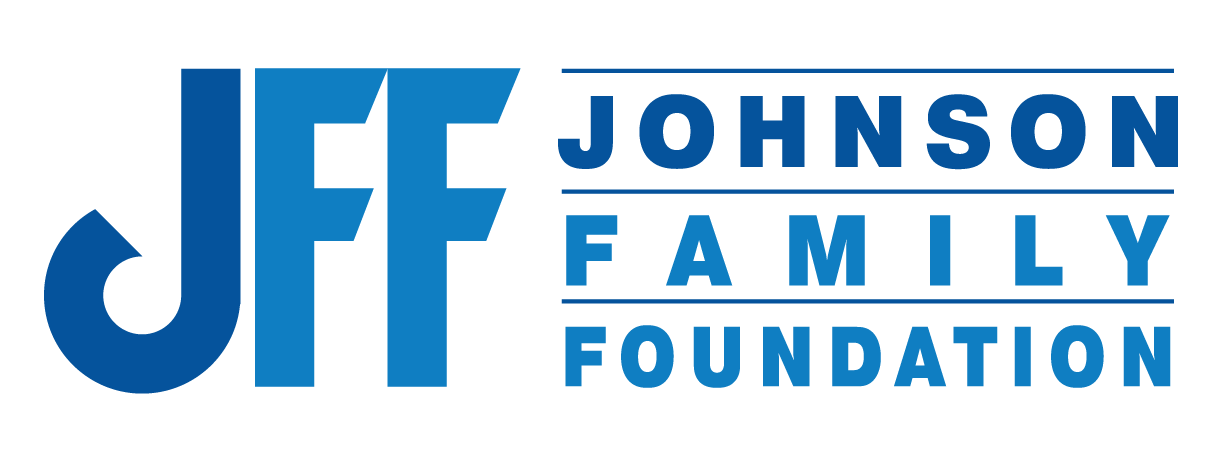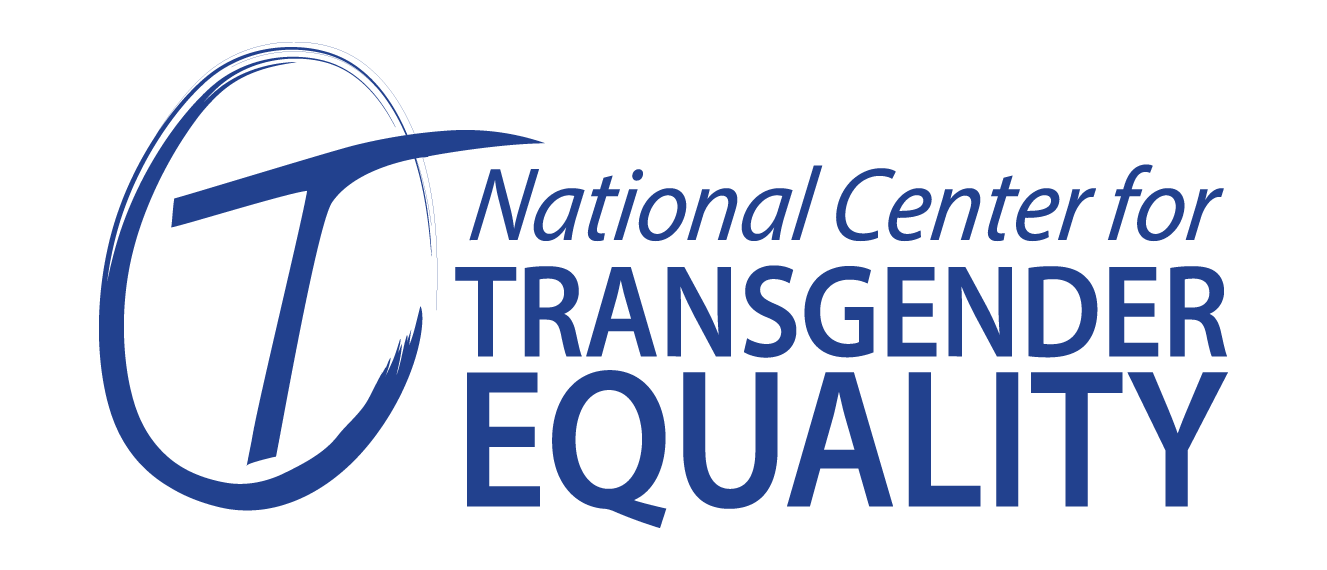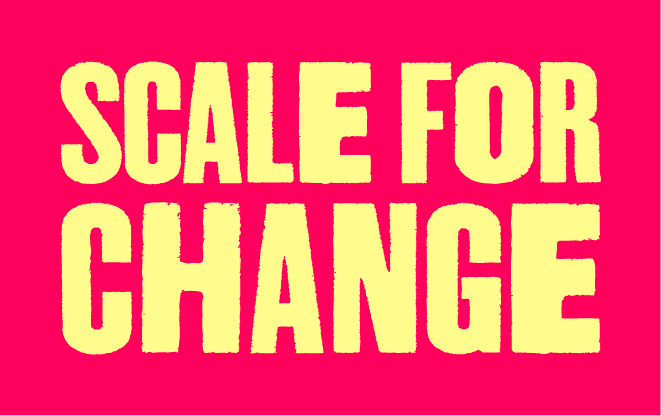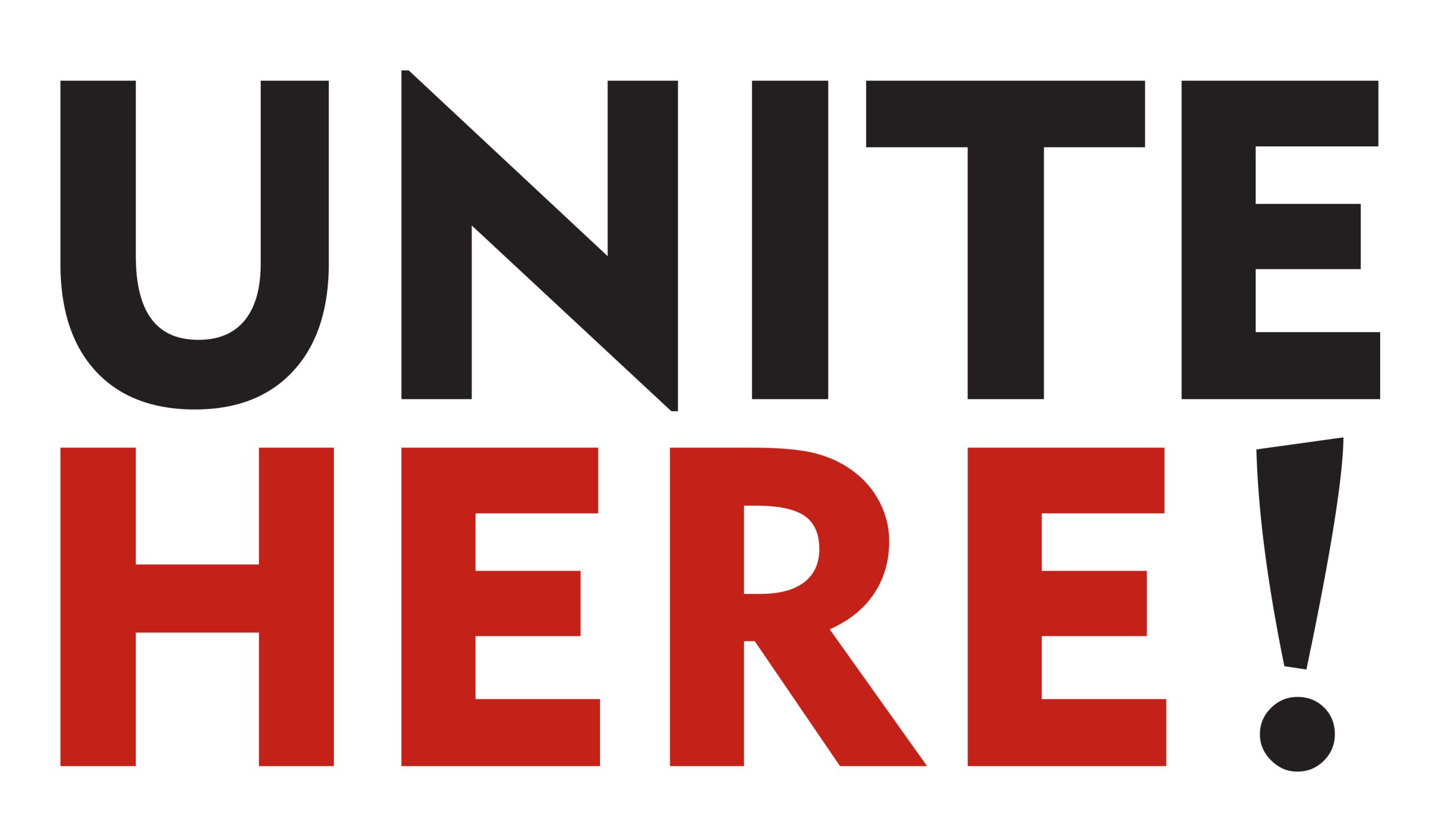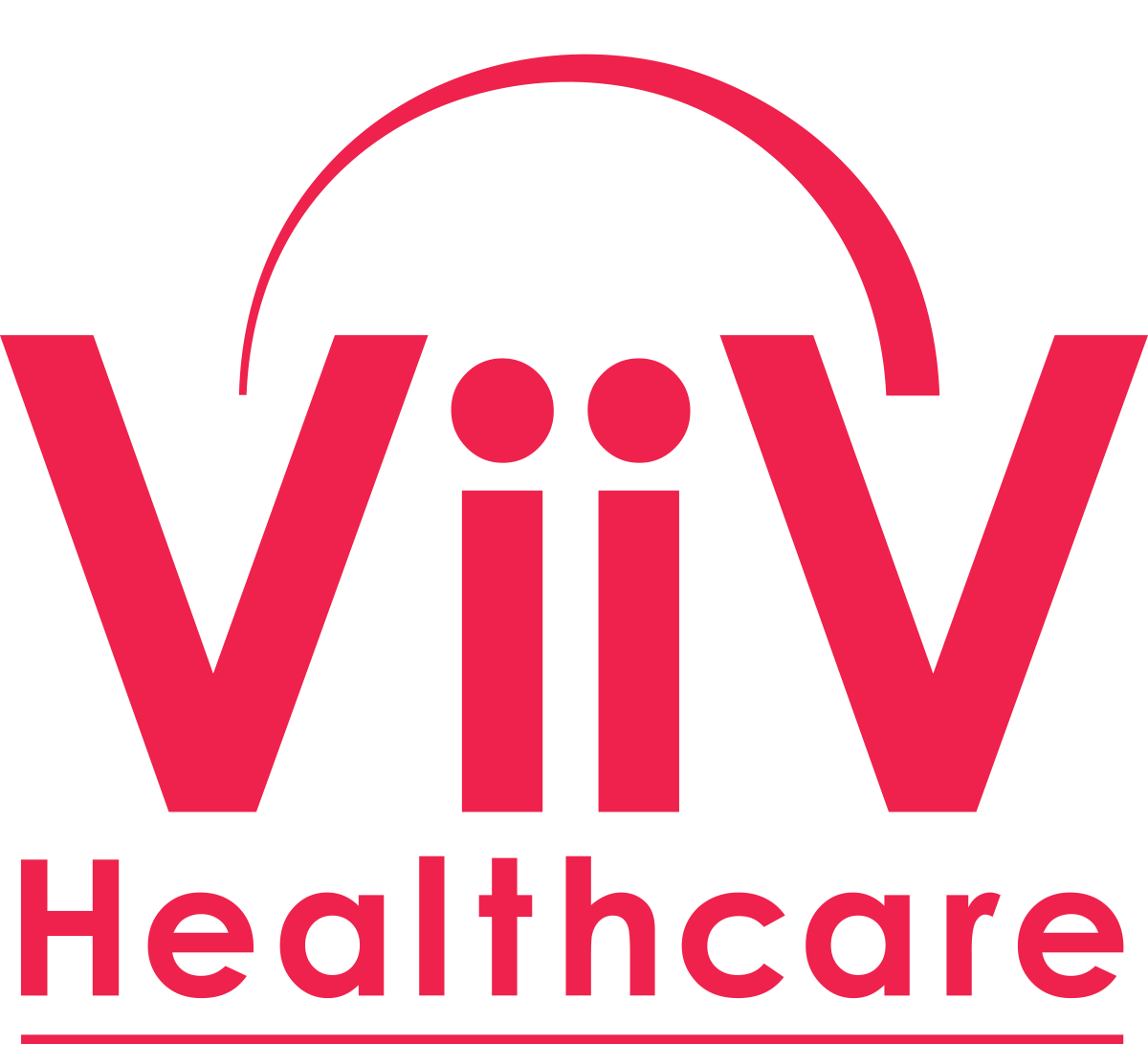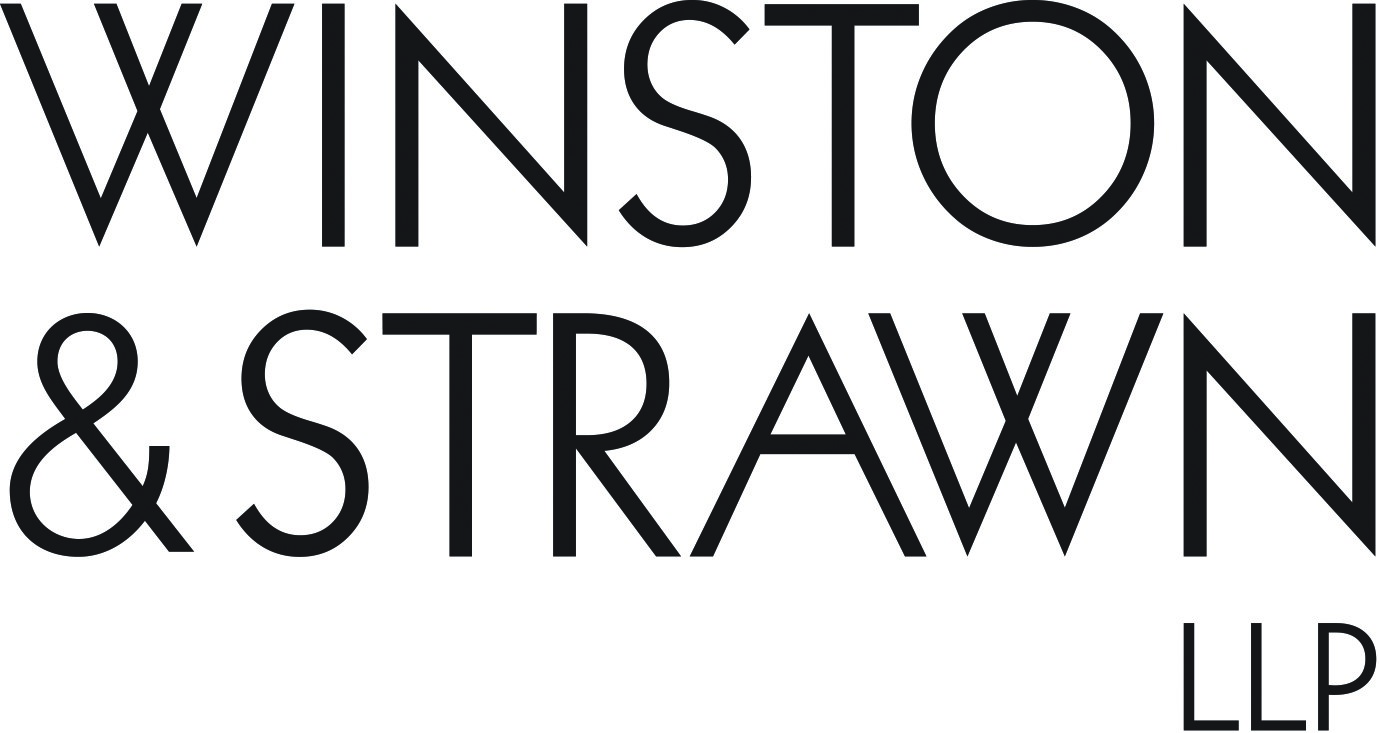January 22–26, 2025
Creating Change
Las Vegas, Nevada
The nation’s foremost political, leadership, and skills-building conference for the LGBTQ+ movement
Frequently Asked Questions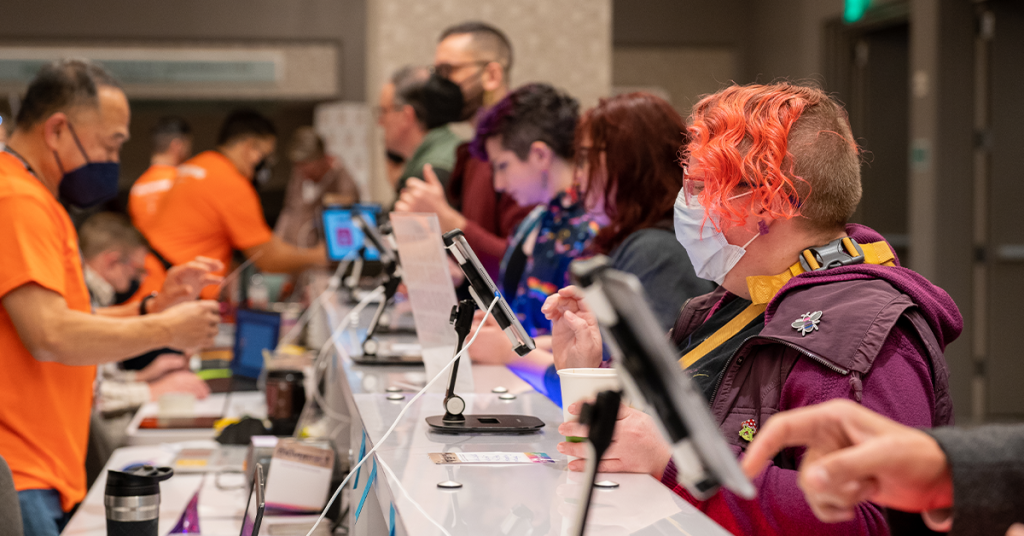
Looking forward to Creating Change 2025 in Las Vegas?
Check out Frequently Asked Questions for the latest on our next conference!
About the Conference
We are building a future where everyone is free to be themselves in every aspect of their lives. Today, despite all the progress we have made to end discrimination, millions of LGBTQ+ people face barriers in every aspect of their lives: in housing, employment, healthcare, retirement, and basic human rights. These barriers must go.
Through Creating Change and other advocacy programs, the National LGBTQ Task Force is training and mobilizing thousands of activists across the nation to deliver a world where you can be you.
Thank you for joining us in New Orleans!
We had an amazing time with our Creating Change family in beautiful New Orleans, Louisiana, in January 2024!
Since 1988, Creating Change has generated opportunities for many thousands of committed people from around the country (and indeed, from around the world) to develop and hone their skills, celebrate victories, build community, and be inspired by visionaries of our LGBTQ+ movement and allied movements for justice and equity.
Attendees—nearly of third of whom identify as transgender or gender non-conforming, and over half as people of color—learn about the latest in research and strategies to secure LGBTQ+ rights, network to acquire best practices and new teaching techniques, and always come away from the experience feeling encouraged, inspired, motivated, challenged, and moved.
Related News

Creating Change 365
Learn more about Creating Change 365, the virtual event series that enhances and grows the annual in-person Creating Change conference experience for a virtual audience!

